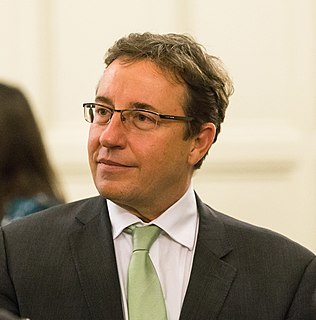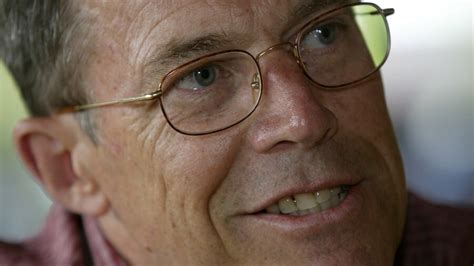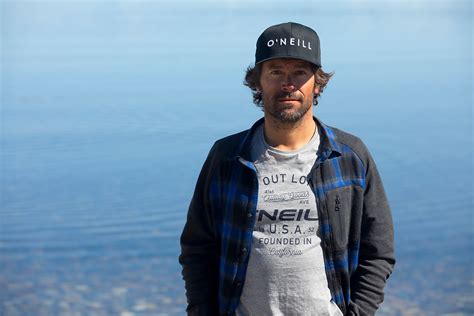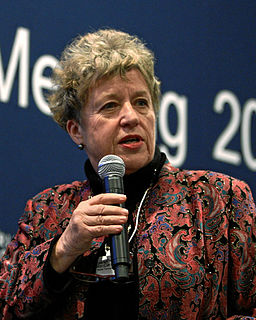A Quote by Paul Polman
It is not possible to have a strong, functioning business in a world of increasing inequality, poverty, and climate change.
Quote Topics
Related Quotes
With Climate Change as a Security Risk, WBGU has compiled a flagship report on an issue that quite rightly is rising rapidly up the international political agenda. The authors pull no punches on the likelihood of increasing tensions and conflicts in a climatically constrained world and spotlight places where possible conflicts may flare up in the 21st century unless climate change is checked. The report makes it clear that climate policy is preventative security policy.
I have to say that if our global alliances are going to be alliances with Hezbollah and Hamas and Hugo Chavez's Venezuela and Vladimir Putin's Russia, there is absolutely no chance of building a world-wide alliance that can deal with poverty and inequality and climate change and financial instability, and we've got to face up to that fact.
Extrapolated, technology wants what life wants:
Increasing efficiency
Increasing opportunity
Increasing emergence
Increasing complexity
Increasing diversity
Increasing specialization
Increasing ubiquity
Increasing freedom
Increasing mutualism
Increasing beauty
Increasing sentience
Increasing structure
Increasing evolvability
Now it is the least developed world who are not responsible for this climate change phenomenon that bore the brunt of climate change consequences so it is morally and politically correct that the developed world who made this climate change be responsible by providing financial support and technological support to these people.
Despite the international scientific community's consensus on climate change, a small number of critics continue to deny that climate change exists or that humans are causing it. Widely known as climate change "skeptics" or "deniers," these individuals are generally not climate scientists and do not debate the science with the climate scientists.
There are some people who say that they?re concerned only with poverty but not inequality. But I don?t think that is a sustainable thought. A lot of poverty is, in fact, inequality because of the connection between income and capability?having adequate resources to take part in the life of the community.
































